Dhaka, Dec 02 (V7N) – Corruption has led to an average 70% cost increase and delays exceeding five years in large-scale public projects, according to a white paper on the state of the economy.
The report, presented to Chief Adviser Prof Muhammad Yunus by Dr. Debapriya Bhattacharya, head of the white paper committee, revealed that of the $60 billion allocated to Annual Development Programme (ADP) and other development initiatives over the past 15 years, between $14 and $24 billion (Tk1.61–2.80 lakh crore) has been lost to bribery, inflated budgets, and political extortion.
Funds have also been misappropriated during land acquisitions and through the appointment of politically favored project directors, significantly reducing the potential benefits of infrastructure and social investments.
Dr. Debapriya shared the findings with the media at the NEC room in the Planning Commission on Monday, highlighting systemic issues undermining development efforts.
The paper outlined major fiscal challenges, including widespread tax evasion, misuse of exemptions, and poorly managed public finances, which have deprived the state of vital resources. Between 2009 and 2023, illicit financial outflows averaged $16 billion annually—more than double the combined value of foreign aid and FDI inflows. Halving tax exemptions, it argued, could double funding for education and triple health allocations.
In agriculture and commodity markets, manipulated production figures and understated demand for staples like rice, edible oil, and wheat have destabilized markets, while politically influenced procurement policies have benefitted powerful business groups at the expense of consumers.
The banking sector is also grappling with a deepening crisis caused by politically influenced lending practices, with distressed assets (as of June 2024) equaling the cost of building 14 Dhaka Metro systems or 24 Padma Bridges. Persistent loan defaults and high-profile scams have eroded financial stability and diverted resources away from productive sectors.
The report also pointed to syndicates and exploitative recruitment practices in the labor market. Over the last decade, Tk13.4 lakh crore was funneled through hundi transactions by recruiting agencies for visa purchases—an amount four times the cost of constructing the Dhaka MRT 06 (Uttara-Motijheel). This has denied migrant workers fair access to employment and diminished remittance contributions to the economy.
In social safety net programs, misallocations have left millions of vulnerable individuals underserved. As of 2022, 73% of social safety net beneficiaries were classified as non-poor, up from 66% in 2016. Additionally, over 20 million people remain just two days of lost work away from poverty, underscoring the inequities fueled by corruption.
END/MSS/AJ



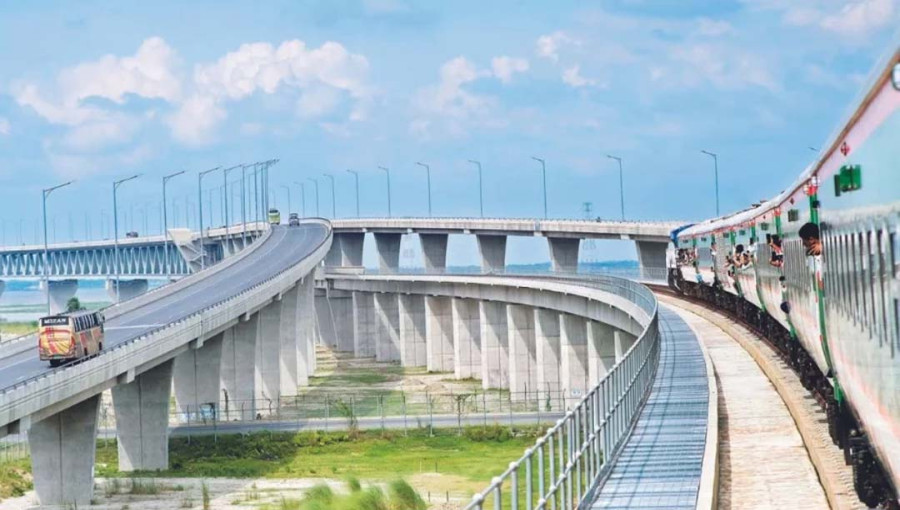
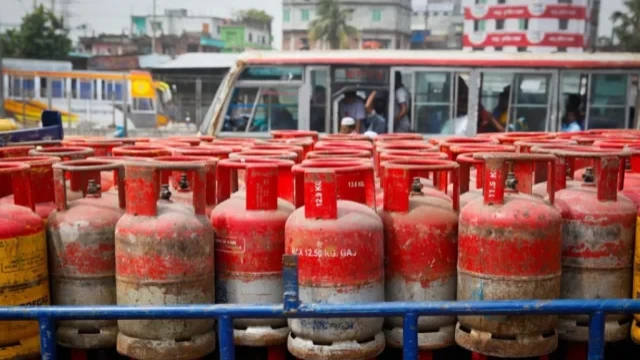
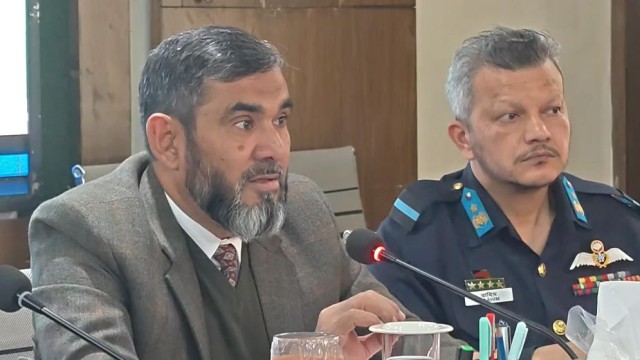
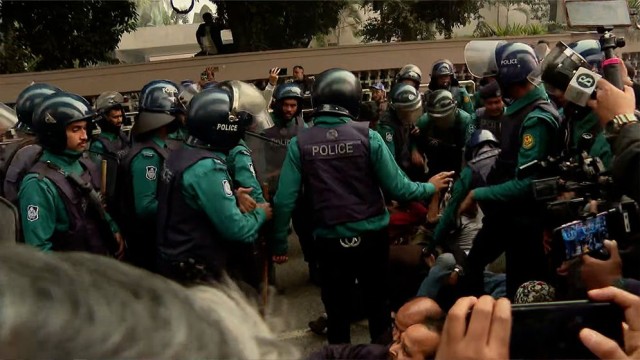





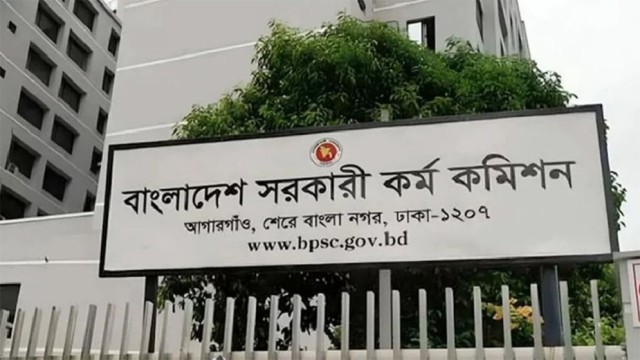
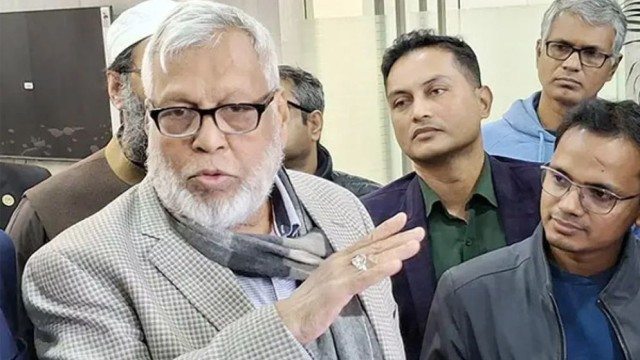
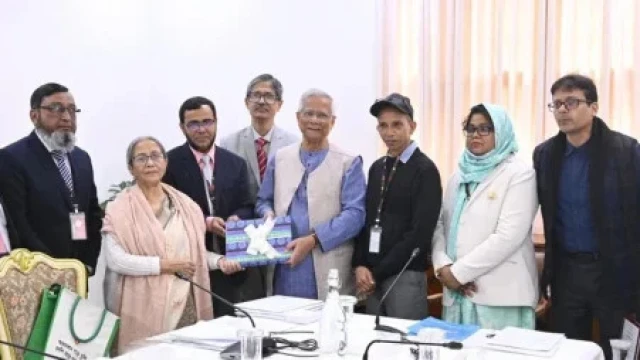
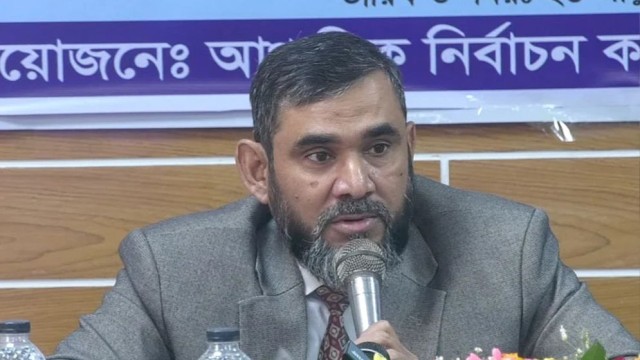
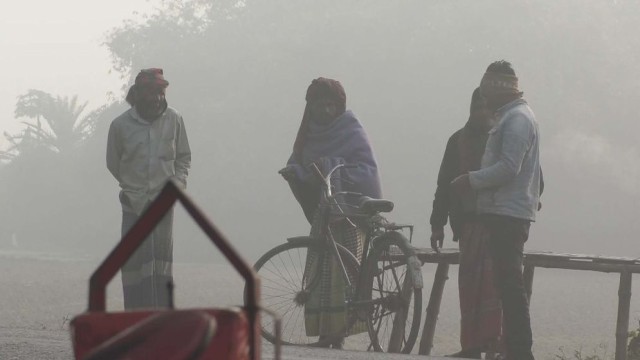

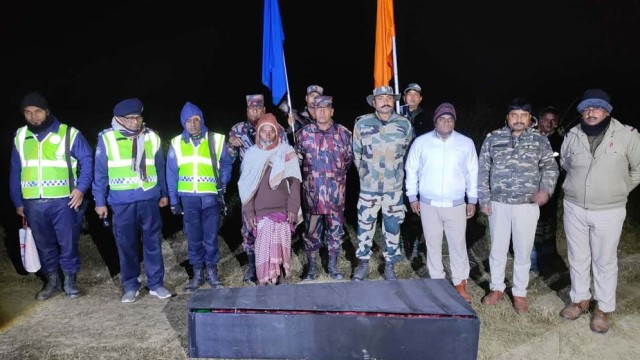
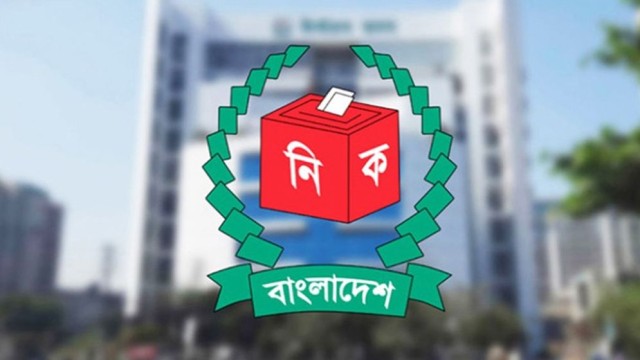

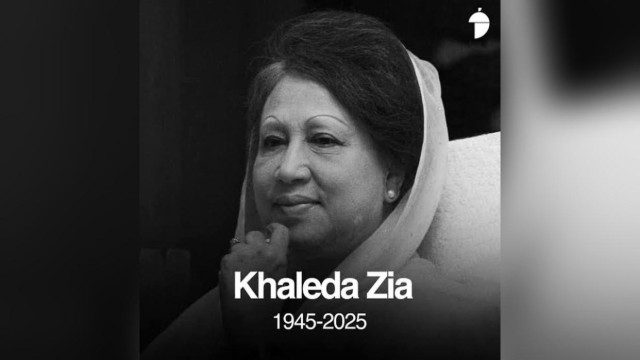



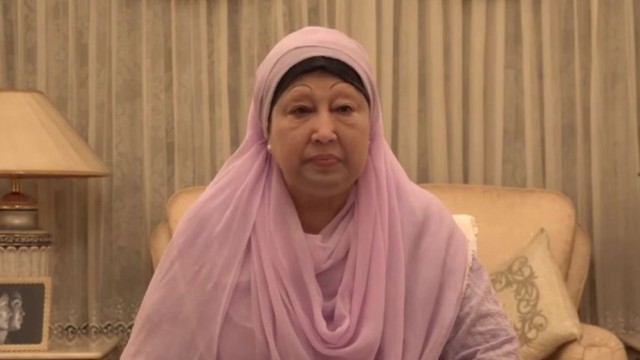
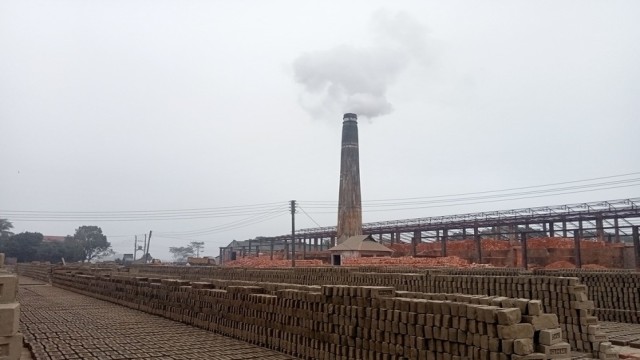
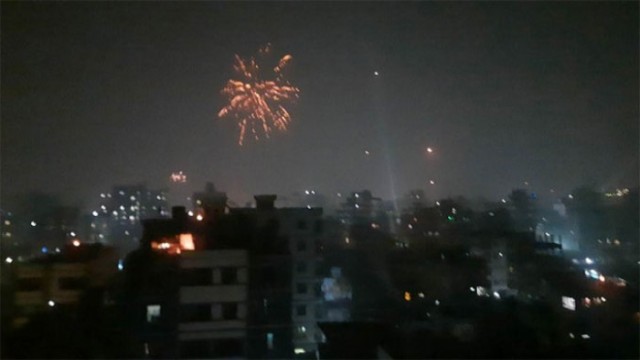
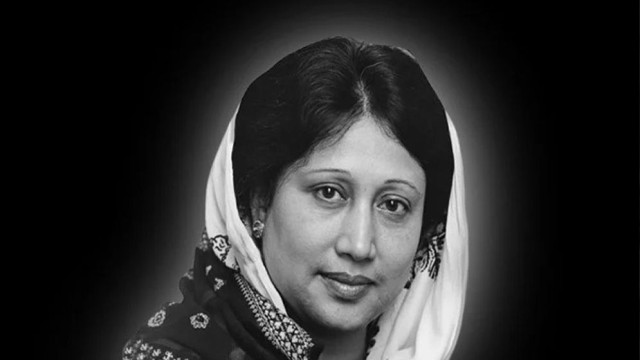
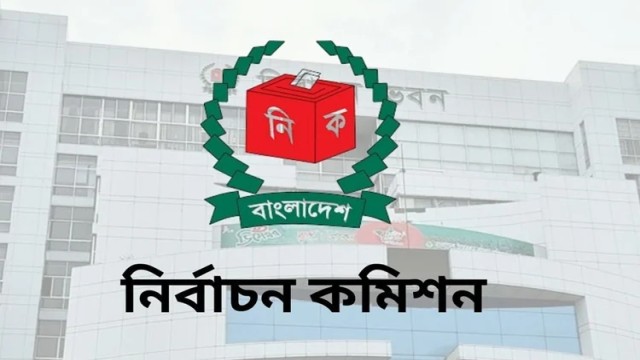
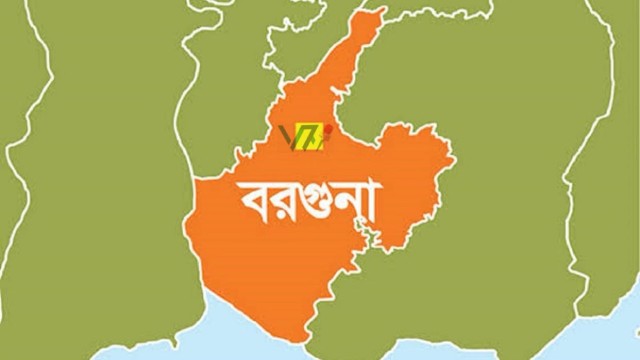
Comment: